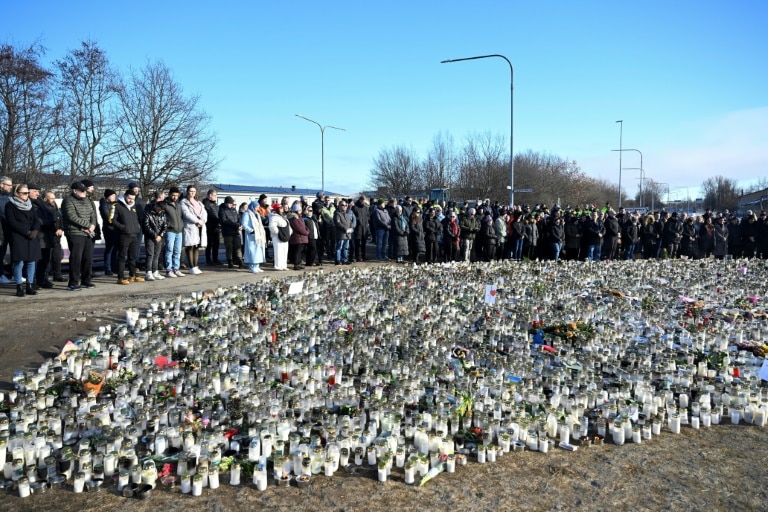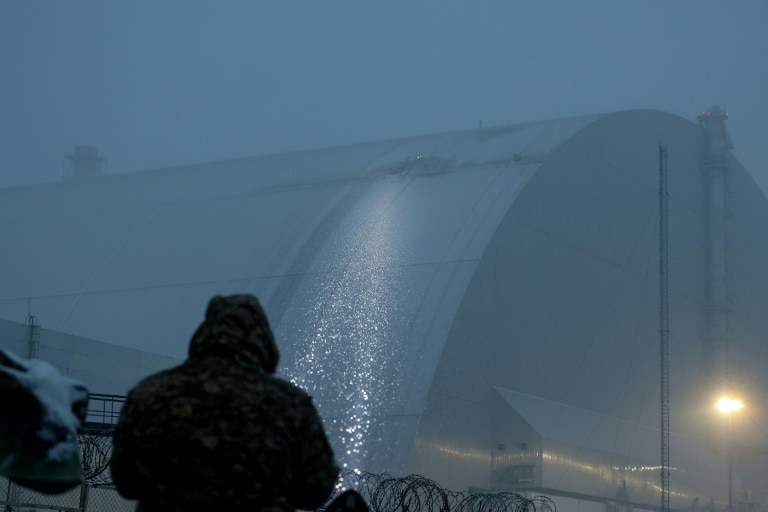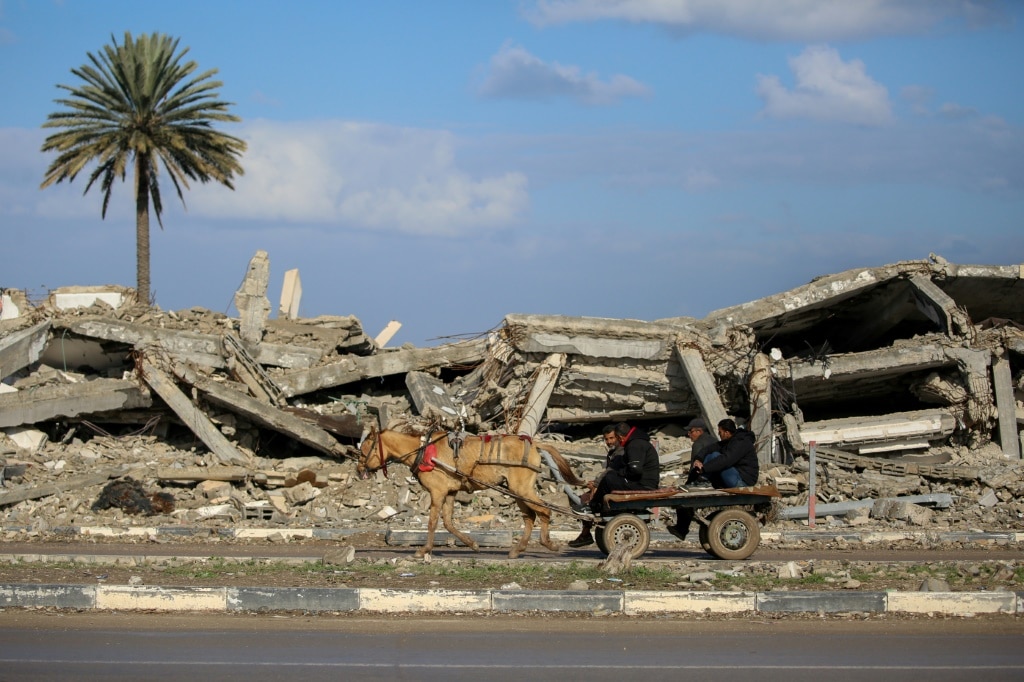WHO to reconvene monkeypox emergency panel on July 21
The WHO is now aware of 9,200 monkeypox cases in 63 countries

The World Health Organization said Thursday it would reconvene its expert monkeypox committee on July 21 to decide whether the outbreak constitutes a global health emergency.
A second meeting of the WHO's emergency committee on monkeypox will be held, with the UN health agency now aware of 9,200 cases in 63 countries at the last update issued Tuesday.
On June 23, the WHO convened an emergency committee of experts to decide if monkeypox constitutes a so-called Public Health Emergency of International Concern (PHEIC) -- the highest alarm that the WHO can sound.
Now a second meeting will be held, with case numbers rising.
"If so, it will propose temporary recommendations on how to better prevent and reduce the spread of the disease and manage the global public health response."
- 'Tackle the stigma' -
The committee will look at trends, how effective the counter-measures are and make recommendations for what countries and communities should do to tackle the outbreak, Tedros told a press conference on Tuesday.
"WHO continues to work with countries and vaccine manufacturers to coordinate the sharing of vaccines, which are currently scarce," he added.
"We must work to stop onward transmission and advise governments to implement contact tracing to help track and stem the virus as well as to assist people in isolation," Tedros said.
A week ago, the WHO issued its first situation report on the spread of monkeypox, detailing the typical profile of those affected by the outbreak so far.
The normal initial symptoms of monkeypox include a high fever, swollen lymph nodes and a blistery chickenpox-like rash.
Among the cases who reported at least one symptom, 81 percent presented with a widespread rash on the body, 50 percent presented with fever and 41 percent presented with genital rash.
There have been six PHEIC declarations since 2009, the last being for Covid-19 in 2020 -- though the sluggish global response to the alarm bell still rankles at the WHO's headquarters.
...



